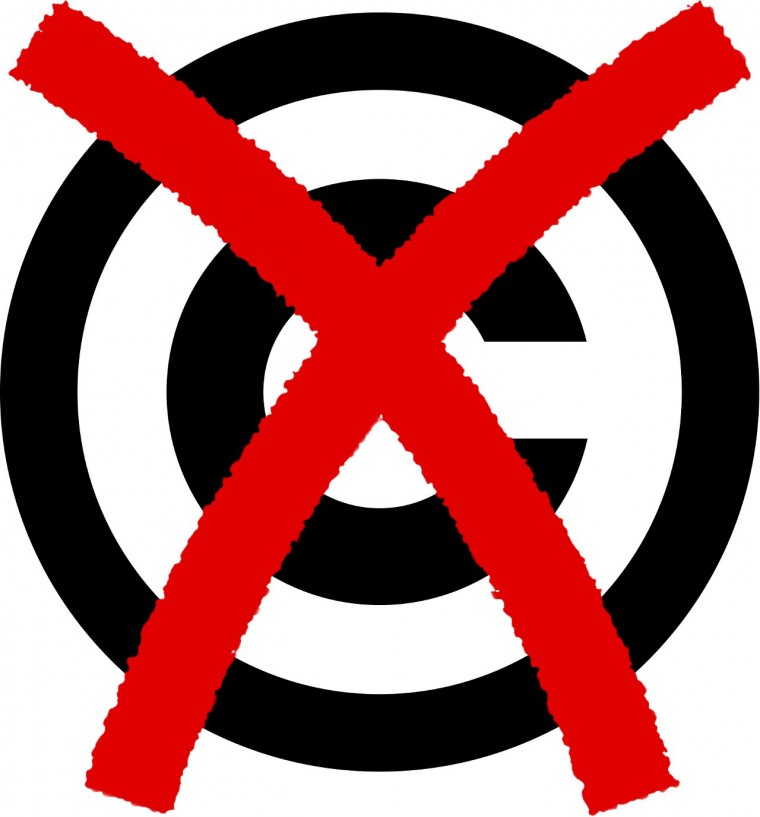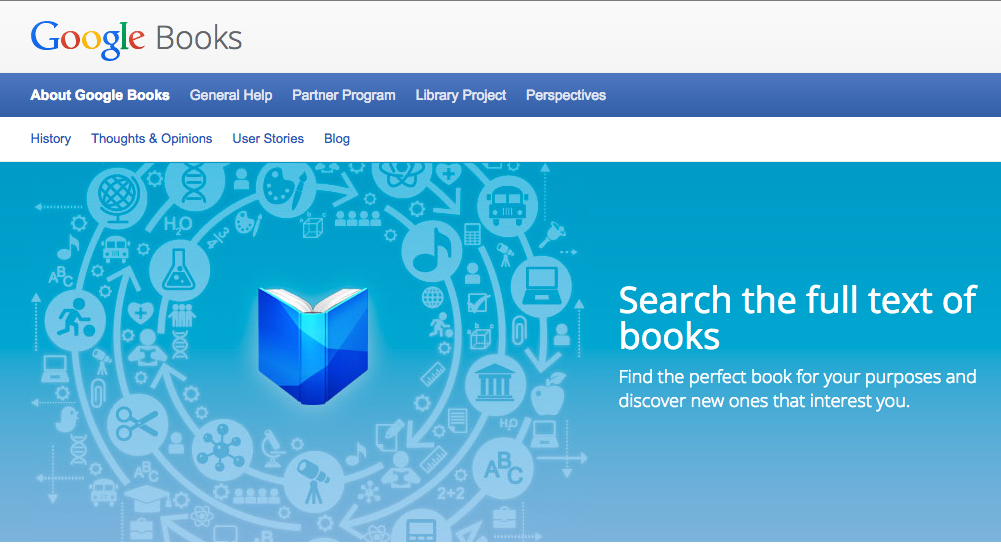On April 18, 2016 the US Supreme Court declined an appeal from the Authors Guild that accused Google of copyright infringement for scanning their books (Kravets, 2016). Despite the decision of the US top court was made in favour of Google, there are still acute debates about its correctness and the correct interpretation of ‘fair use'(Lever, 2016).
‘The court said that the snippets made available by Google were not a viable substitute for the works and that it was immaterial if Google made a profit from its search business using the books’ (Lever, 2016).
The disappointed Author’s Guild claims that ‘blinded by the public benefit arguments’ (Lever, 2016) decision makers didn’t take into account that tech company Google but not authors will make profit from digitised books while writers will be not compensated. Taking into account authors are already suffering from low margins and ‘only independently wealthy or the subsidised will be able to pursue a career in writing’ (The Author’s Guild, 2016), the consequences for the American culture can be tragical.
Authors Guild president Roxana Robinson (2016) adds: “The denial of review is further proof that we’re witnessing a vast redistribution of wealth from the creative sector to the tech sector, not only with books, but across the spectrum of the arts.”
However, Raza Panjwani, policy counsel at Washington-based Public Knowledge, supports the made decision and consider that it is a victory for the public (Lever, 2016). He also commented on the flexible nature of fair use that introduces innovative ways of the application of existing works.
Sure, Google representatives are happy that their catalogue of scanned books is acknowledged as fair use. Moreover, they say that Google Books is a good way for consumers to find a book of interest while authors get additional promotional tool (Kravets, 2016). Kravets (2016) also reports that Google does not show ad to book searchers and a does not get the percentage of the purchase of books found through the catalog.
It is not the only case when Google was accused of breaching copyright law. Most of the big cases were resolved successfully for the company like the one with Oracle corporation (Rosenblatt, 2016) while some of them were resolved not in favour of search engine like with Belgian news website (Carmpton, 2007).
Apart from being fighting for fair use, with the release of DMCA, Google has been actively involved in taking down content that infringes on copyright that is very controversial. The verification is implemented both automatically and by a human to save the balance ‘between the needs of copyright owners, the interests of users and our efforts to provide a useful Google Search experience'(Goldman, 2012). Only in February, 2016 76 million requests to remove URLs were received by Google that shows the company’s strong desire to help users get rid of pirated material or content infringing copyrights.

